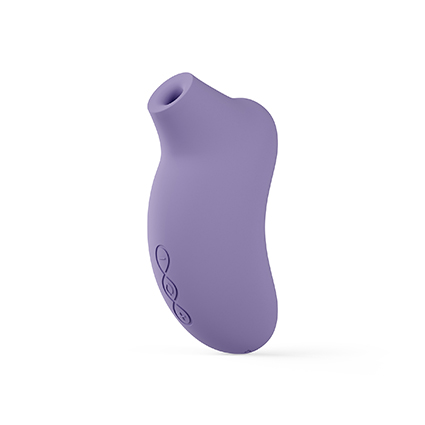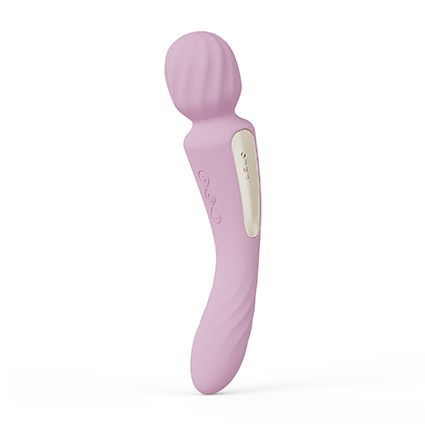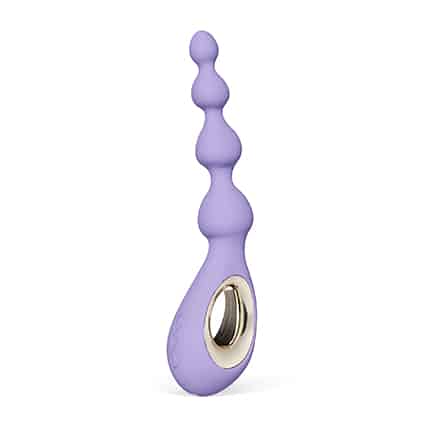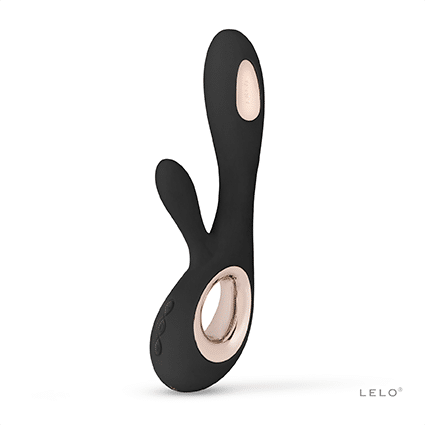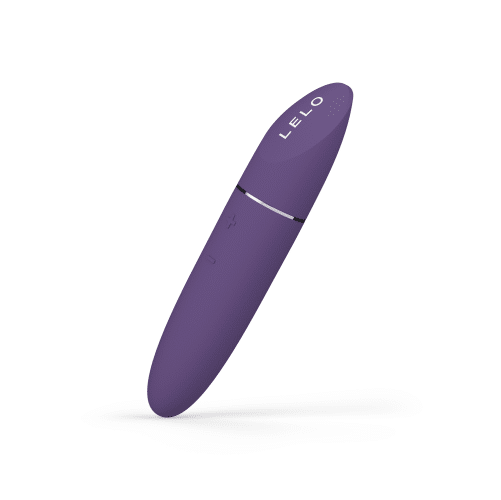Surviving cancer is a major feat. However, cancer treatments like surgery and chemotherapy often lead to physical and psychological changes that can have far-reaching and long-lasting effects on people’s lives, including their intimate lives. For example, it is common for survivors to experience body image issues, problems with sexual function, loss of libido, and other cancer-related sexual dysfunction.
Fortunately, recovery is possible. While the path to reclaiming your sexual health and wellness after cancer may not be fast or easy, there is much that you can do to assist in the healing process, from using sex toys to practicing mindful intimacy. In this article, we will explore several practical tips for cancer survivors on the road to holistic sexual recovery.
How Cancer Treatment Affects Sexual Health
Cancer itself can have a big impact on sexual health, but the effects of cancer treatment are often just as consequential. For example, when cancer is treated surgically, it may leave scars that make people feel less confident in their bodies and/or serve as a reminder of previous trauma. Also, if certain parts of the body (e.g., breasts, reproductive organs) are permanently removed, this can make someone feel disconnected from their sexual self. Likewise, hormonal treatments and chemotherapy can induce metabolic changes that can lead to weight gain, which can further impact body image and potentially contribute to other issues, such as low libido.
Additionally, radiation treatment and surgeries have the potential to damage nerves and blood vessels, which can create issues with sexual function, such as erectile and orgasmic difficulties, reduced genital sensation, and/or pain during sex. Similarly, hormone therapy (wherein the effects of certain hormones are blocked in order to stop cancer growth) can contribute to things such as vaginal dryness and low sex drive.
All of these factors can spill over into relationship and intimacy challenges, especially if there are communication barriers between partners.
The Role of Sex Toys in Sexual Recovery
A helpful way to work toward physical recovery can be to incorporate sex toys into solo and/or partnered play. For example, sex toys such as vibrators can help to support healthy blood flow to the genital area, thereby facilitating arousal. Toys may also be helpful in the case of genital sensitivity issues because you can adjust the settings to your comfort level.
For those dealing with erectile issues, toys such as penis rings and vacuum pumps may be helping for creating firmer and fuller erections.
Given that pain during sex is common for cancer survivors, it is important to start by using gentle and body-safe intimacy products. To minimize issues with sexual pain, it may be helpful to use vaginal moisturizers and/or a healthy amount of lube during stimulation. Vaginal dilators and other toys for pelvic floor therapy can also be of great assistance by helping to gently stretch the vagina in order to make penetration more comfortable.
Best Sex Toys for Cancer Survivors
The best sex toys for cancer survivors will depend upon the specific sexual difficulties someone is experiencing. Here are several options to consider for some of the most common problems:
- Overcoming vaginal dryness after chemotherapy: Use water-based lubes and vaginal moisturizers to ensure adequate lubrication, use vaginal dilators to prepare for penetration, and use soft-touch vibrators to minimize the chances of pain.
- Rebuilding genital sensitivity: Using gentle clitoral stimulators and low-intensity vibrators can assist in reawakening pleasure pathways that have gone dormant.
- Improving partner intimacy: Couple’s toys such as remote-controlled and wearable vibrators can enhance sensation and connection for both partners while also offering a novel and more immersive experience.
- Coping with limited mobility: When cancer treatment results in long-term disability, the use of hands-free devices and toys with ergonomic designs can help in providing options for pleasure that work with your body as it is now.
Sexual Health Post-Cancer: Overcoming Emotional Barriers
As mentioned above, issues with self-love post cancer are common, so it is often important to work on ways of rebuilding one’s confidence and body acceptance. There isn’t a one-size-fits-all solution here, but there are several things you might consider trying.
For example, a good place to start is with body appreciation exercises where you stand in front of a mirror each day and find one thing that you like about your body. It can be anything, no matter how small. For example, maybe it’s your eyelashes or your fingernails. This is a very gradual exercise that, if practiced over time, can help you come to appreciate your body fully.
In addition, consider buying some new clothing, underwear, or lingerie that makes you feel sexy. Focusing on your diet and exercise may also help in transforming your body in ways that make you feel more body confidence after cancer.
If self-help options aren’t working for you and you still feel a fear of intimacy or are overly self-conscious about being naked with a partner, seek social support. For instance, practice open communication with your partner and consider joining a cancer survivorship support group. After all, you aren’t the only one experiencing this, so speaking with others who have been through the same thing can be both validating and healing.
In cases of severe distress or anxiety, seek out professional help from a licensed sex therapist to support emotional healing. There is no shame or weakness in seeking therapy.
Cancer and Sexuality: Practical Tips for How to Regain Pleasure After Cancer Treatment
When it comes to bringing partnered sex back into the picture, the best thing you can do is to take things very slow. Start first with solo self-exploration so that you can better understand your own body and what feels pleasurable and comfortable for you right now. Also, practice mindfulness during self-pleasure. Learning to be present and in-the-moment by yourself is a useful skill that you can later bring into partnered sex to help prevent distracting thoughts from interfering with pleasure.
When you’re ready for partnered intimacy, don’t rush to penetration. Maybe penetration won’t even happen at all the first several times. Focus instead of just feeling comfortable with intimate touch, without any pressure or expectation, so that you and your partner can simply relax and connect. Activities such as massage, cuddling, sensory play, and exploring erogenous zones beyond the genitals (e.g., the neck, lower back) can be a wonderful way to ease back into partnered intimacy.
With that said, it’s important to set realistic expectations here and be kind to yourself. Remember that this isn’t a race and it will take some time to get your sex life back on track. There will also be occasional setbacks where something doesn’t go as planned, but that doesn’t mean that all hope is lost. Practice self-compassion and don’t be too hard on yourself if things don’t always work out the way that you want (e.g., your erection goes away, orgasm doesn’t happen, etc.).
Partner Intimacy After Cancer: Partner Support and Navigating Relationship Changes
It’s important to have a supportive partner when working toward rebuilding intimacy after cancer treatment. If you’re a partner of a cancer survivor, the first rule is not to pressure your partner to do anything they don’t feel comfortable with. Practice empathy and be willing to move at your partner’s pace.
Also, be willing to expand your erotic menu. Your partner may not be ready for penetrative sex right now. Heck, they might not be ready for any kind of sex. Start by rebuilding your connection via quality time, date nights, and non-sexual touch (e.g., holding hands, cuddling) before slowing introducing more physical intimacy. Redefining sex and connecting deeply can go a long way toward restoring libido after cancer.
When both of you are ready for the clothes to come off, a good place to begin is with either sensual massage to promote relaxation or guided exercises, such as sensate focus. Sensate focus is a therapeutic technique in which partners take turns engaging in non-genital physical touch, focusing on exploring one another’s bodies without arousal or orgasm being the goal.
Conclusion
Sexual rehabilitation after cancer is a deeply personal process. Moving at your own pace and setting realistic expectations are key because this will undoubtedly take time and there may not be a complete return to how things were before.
However, you can still develop a very meaningful and fulfilling sex life together. Also, keep in mind that the process of rebuilding your connection, through both pleasure and intimacy, can be a powerful part of the overall healing process in and of itself.
To assist in recovery and holistic healing, explore body-safe and sensory-friendly sex toys and resources.



